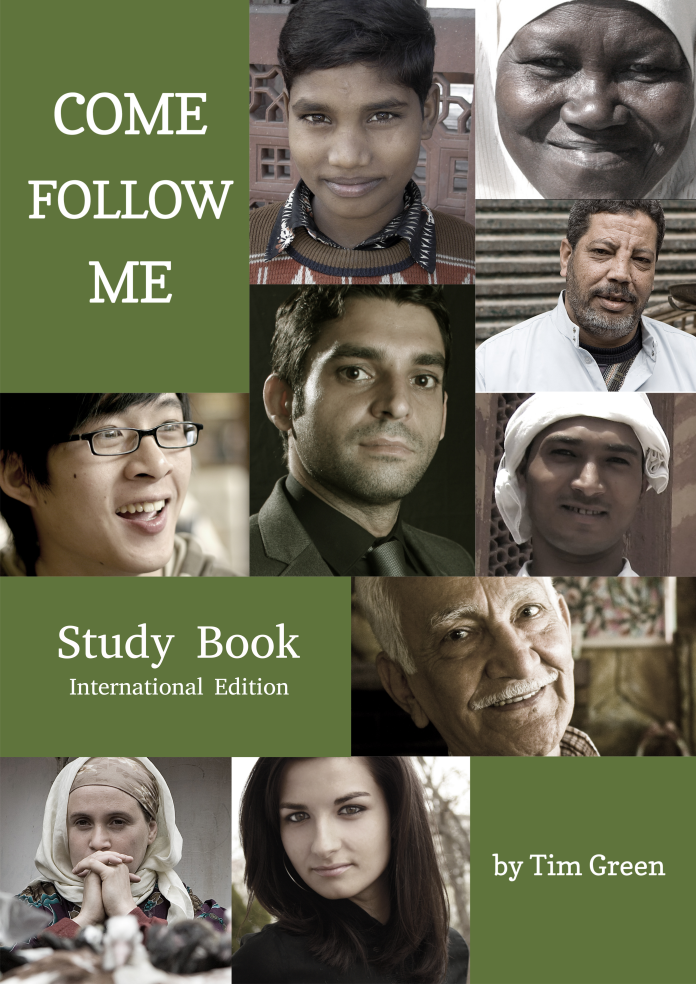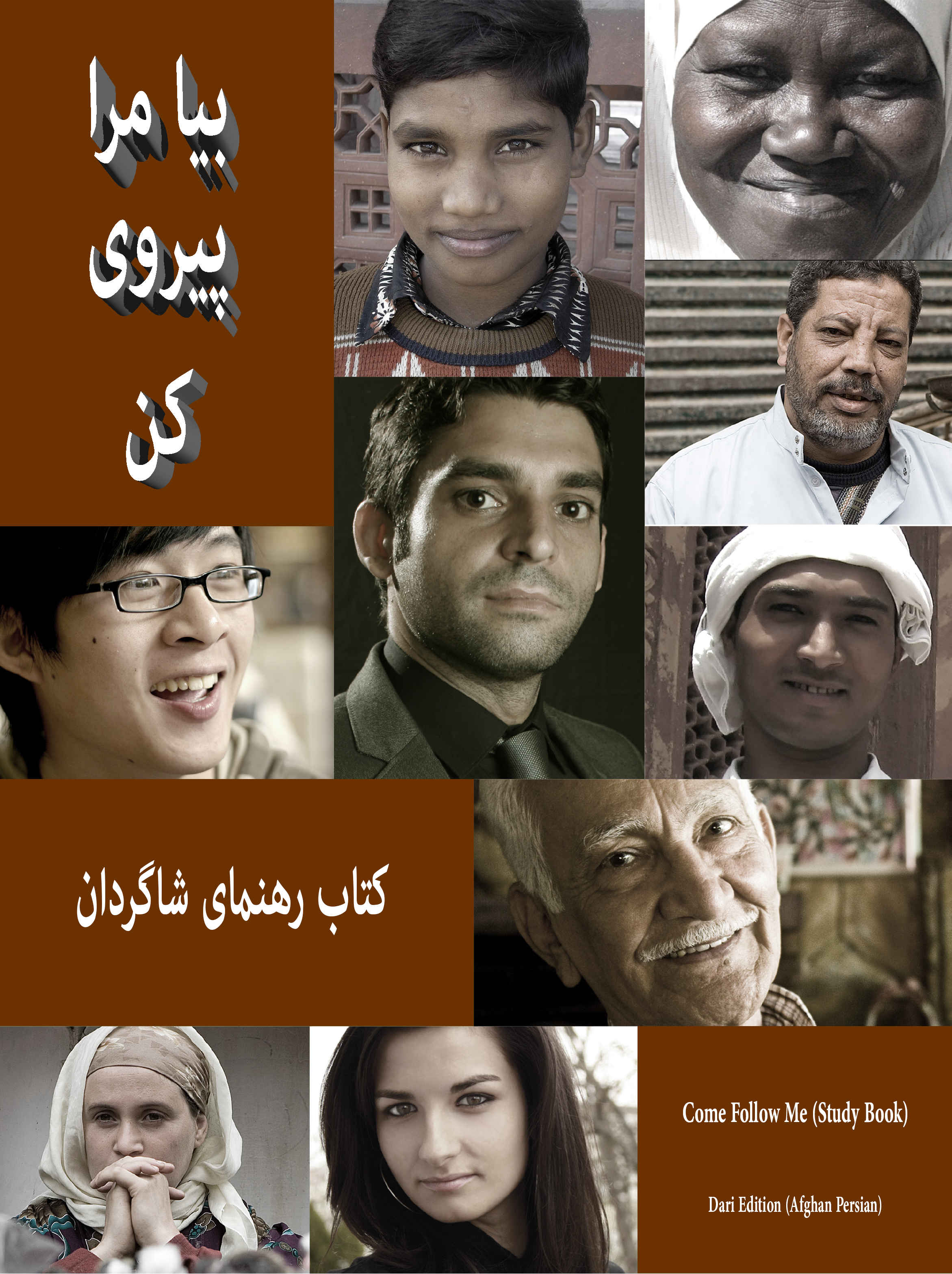The Watan consultation agreed that courses should be:
- relevant to the local context. The training should relate to the religious, social and educational background of local believers of Muslim background (BMBs), using idioms, parables and stories in ways which make them feel ‘this is written for us’. Teaching should be relevant to their daily lives and the issues they face.
- rooted in Scripture. Teaching should be faithful to the Bible, not merely using proof-texts to support topics, but equipping believers to understand scripture chronologically and to study it inductively. Content should be evangelical but without denominational bias.
- rounded. It should seek all-round growth in knowledge, character and abilities. Measurable objectives should be specified for what students should know, be, and be able to do as a result of completing the course.
- relational. Neither books nor electronic media can make disciples. Only disciples can make disciples, for “one oil lamp lights another” (Urdu proverb). So any training course must involve interaction with a human mentor, either 1:1 or in a group.
- responsive. Learners should not be bombarded with one-way information (whether written or oral) but should constantly interact with it, demonstrating their understanding and applying it to their own lives. Courses should be user-friendly, interesting, and short enough to be managed by busy adults.
- regular. While at the early stages discipling is frequently informal and irregular, more consistent growth will occur when learners take part in a regular programme including scheduled meetings and practical assignments.
- reproducible. The programme should equip believers with tools and training by which they themselves can equip others, who will equip others in turn. Any training scheme which depends on a foreign expert will stop at the first generation.


